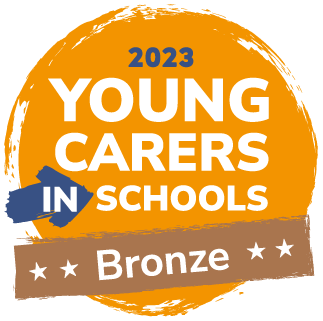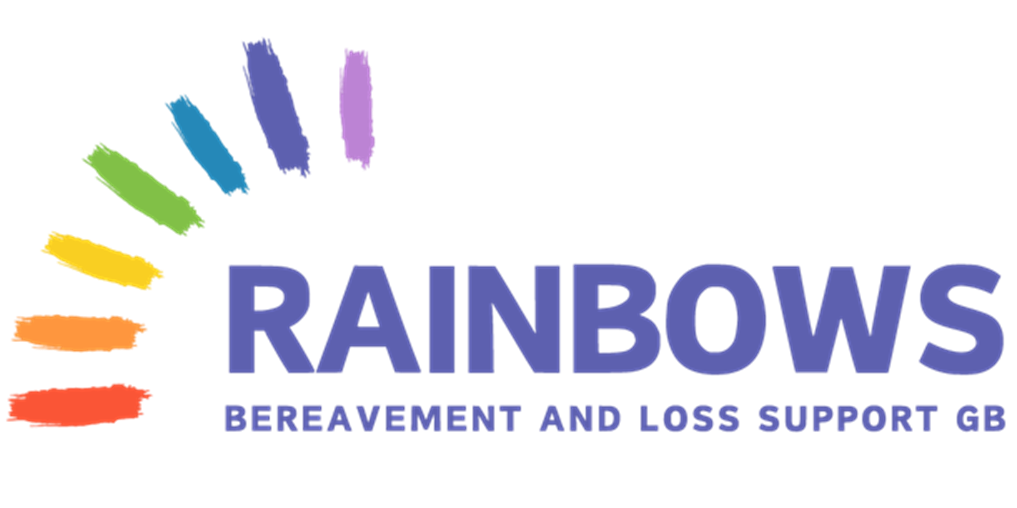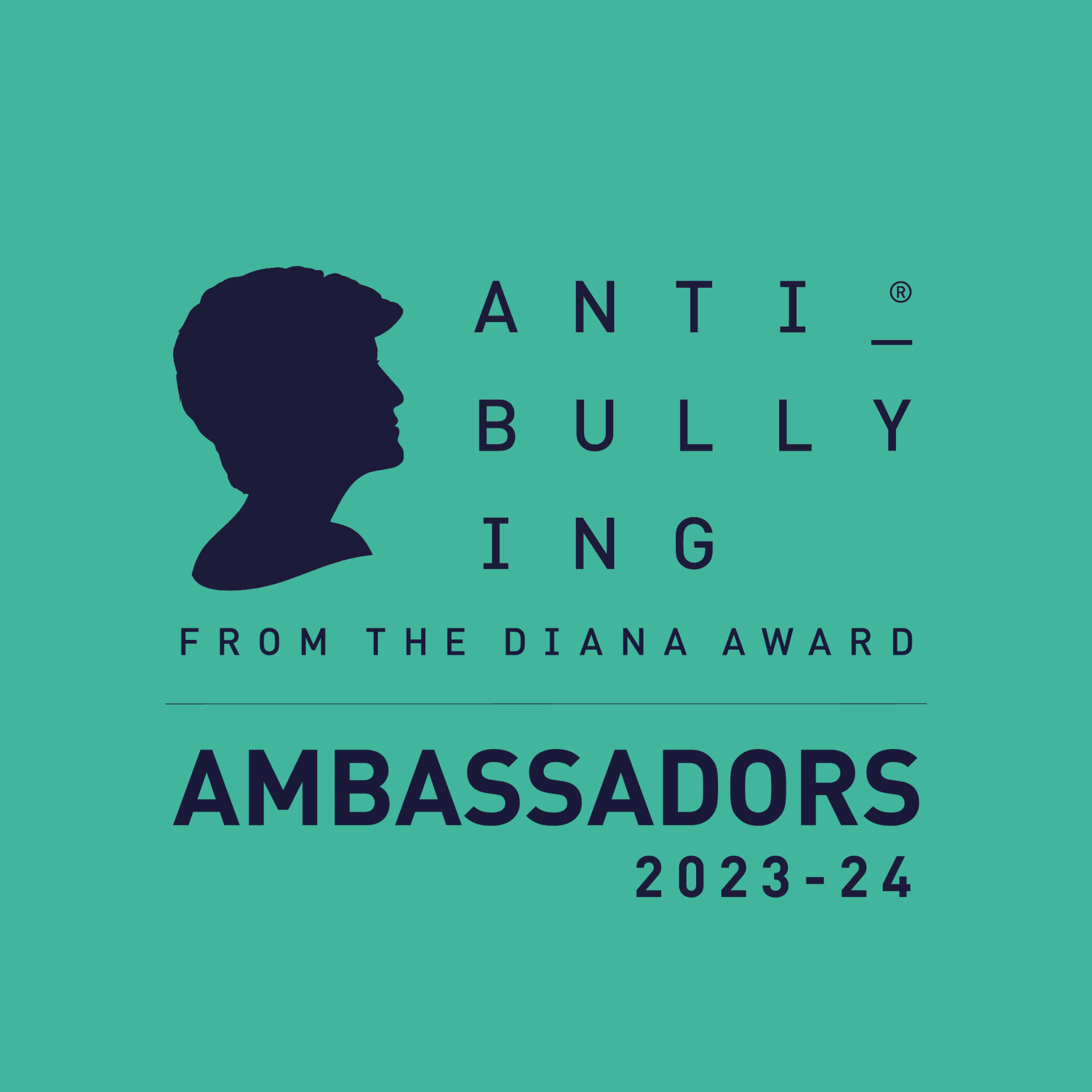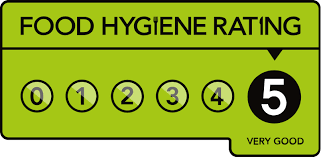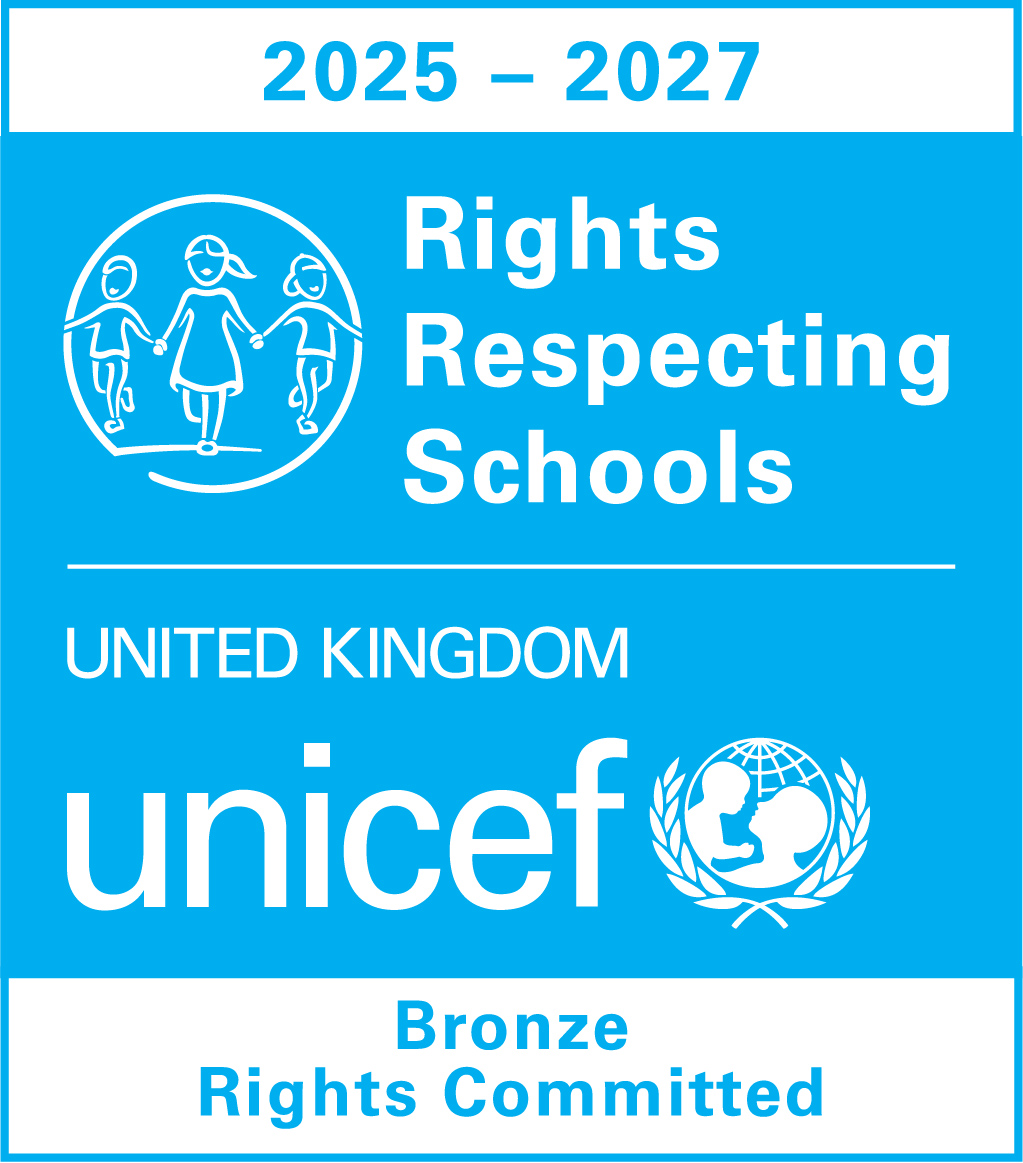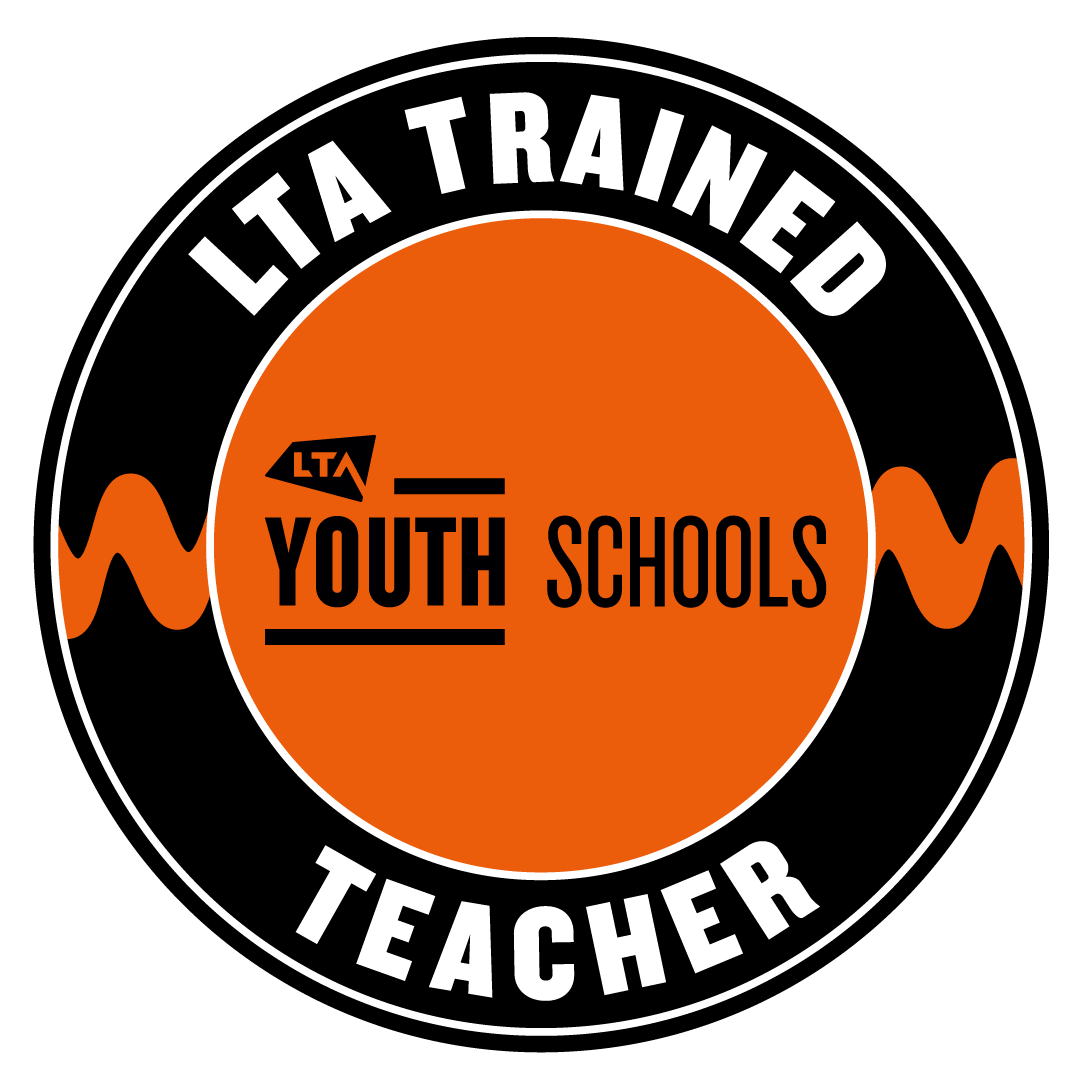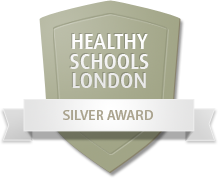British Values
Statement of British Values
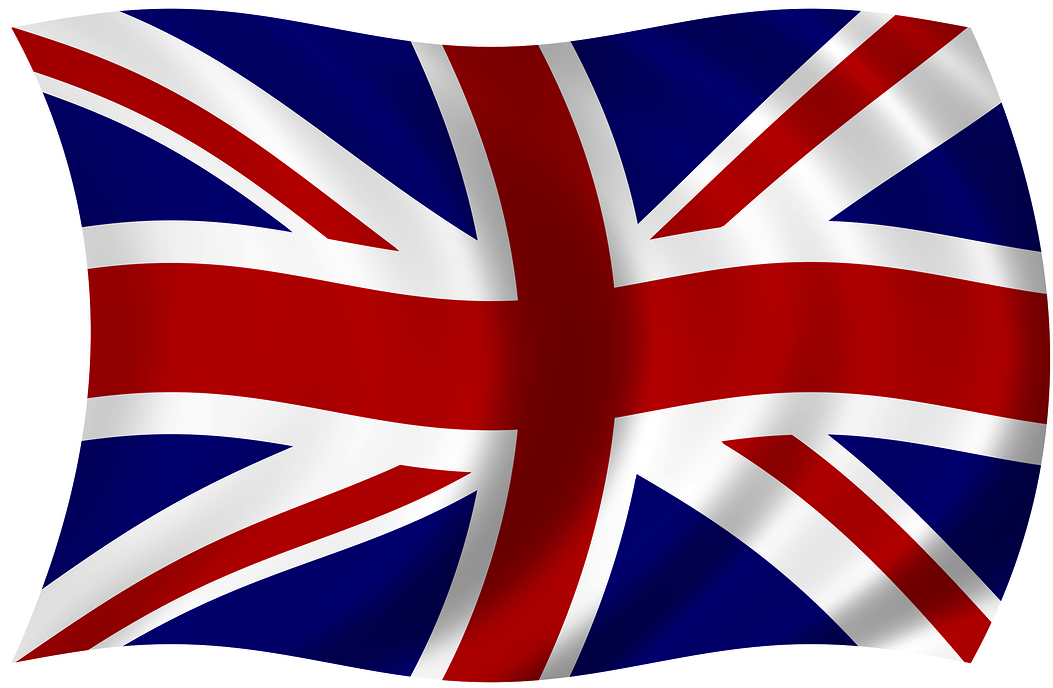 At William Byrd, we value the diversity of the backgrounds of all pupils, families and the wider school community and strongly believe in upholding British values through all aspects of our school provision. Our school reflects British values in all that we do and they are integral to our values and ethos. We aim to nurture our children on their journey through life so they can grow into safe, caring, democratic, responsible and tolerant adults who make a positive difference to British society and to the world and the wider world.
At William Byrd, we value the diversity of the backgrounds of all pupils, families and the wider school community and strongly believe in upholding British values through all aspects of our school provision. Our school reflects British values in all that we do and they are integral to our values and ethos. We aim to nurture our children on their journey through life so they can grow into safe, caring, democratic, responsible and tolerant adults who make a positive difference to British society and to the world and the wider world.
What is meant by British values?
Learning about British values forms a key part of children’s spiritual, moral, cultural and social education. The five British values that the Government has identified for schools to focus on are:
- Democracy
- The rule of law
- Individual liberty and mutual respect and tolerance of those with different faiths and beliefs
- Developing personal and social responsibility
- Respect for British Institutions
How should we help our children prepare for adult life as citizens of Britain?
- Develop their self-confidence and self-esteem.
- Develop their understanding of right and wrong, and their respect for the law.
- Encourage them to take responsibility for their behaviour.
- Encourage involvement in the community and wider society.
- Encourage respect for the public services and institutions of Britain.
- Promote tolerance of and respect for all cultures and faiths.
- Encourage participation in the democratic process.
How does our school develop children’s understanding of British values?
We uphold the British value of Democracy by:
- facilitating a democratic process for electing school parliamentarians and the running of the school parliament
- participating in the annual UK Parliament Week and inviting outreach speakers to deliver workshops
- encouraging pupils to take ownership of their own school as well as their own learning and progress
- teaching about the democratic process in Britain, at both a local and national level. We teach about communities and pressure groups, how children can participate in these and make changes to life at all levels from local to global
- providing opportunities for children, parents and staff to have their voices heard
- listening to and respecting each other, including taking turns
We uphold the British value of the Rule of Law by:
- teaching children an understanding of human rights through PSHRE and assemblies
- implementing our school and class behaviour procedures which have clear and agreed statements, and ensuring that the children know their own rights and respect the rights of others
- teaching children to learn about the process of law-making and the part that citizens can play in that process
- implementing our procedures and protocols for dealing with any behavioural or bullying issues and the very rare incidents of racial, homophobic and other forms of discrimination, which demonstrates to pupils that we take these issues very seriously, mirroring the attitudes of British society
- Pupils are taught the value and reasons behind laws, that they govern and protect us, the responsibilities that this involves, and the consequences when laws are broken. This is aligned to our classroom behaviour ‘choices and consequences’ charts. This is further reinforced by:
- visits from authorities such as the police and fire service
- during Religious Education, when rules for particular faiths are thought about
- during other school subjects, where there is respect and appreciation for different rules – in a sports lesson, for example
- our ‘green slip’ system which encourages both personal and social responsibility and kindness which are demonstrated on a daily basis by our pupils
We uphold the British value of individual liberty and work to identify and combat discrimination by:
- teaching an understanding of the concept of freedom and choice
- teaching our RE curriculum, which inculcates values of understanding, tolerance and respect for others, including those of other faiths
- teaching children an understanding of human rights, in particular the UNICEF rights of the child, through assemblies and class lessons
- providing our extra-curricular provision, which offers equal opportunities for all children, boys and girls, and children with Special Educational Needs in sport and other areas
- holding discussions in RE, English and other subjects, which allow children to develop respect for the opinions, values and beliefs of others
- Alongside rules and laws, we promote freedom of choice and the right to respectfully express views and beliefs. Through the provision of a safe, supportive environment and empowering education, we provide boundaries for our pupils to make choices safely and reinforce this with a common language
- Our pupils are encouraged to know, understand and exercise their rights and personal freedoms and are taught how to exercise these safely, such as in our e-safety and PSHRE lessons
We uphold the British value of developing personal and social responsibility by:
- expecting children to responsibility in many ways in school including reading, playground and sports leaders, school parliament reps and head students
- expecting children to take responsibility in every class for a variety of roles which assist in the running of the classroom
- encouraging children to have responsibility for their own possessions, behaviour and work, both at school and at home and to always do their personal best in all aspects of school life
- training staff to deliver information about keeping safe on the internet to all our children and holding information sessions for parents about this
We uphold the British value of respect for British Institutions by:
- celebrating many British festivals and special events, e.g. Remembrance Day, Harvest Festival, November 5th, Christmas (including pantomimes), Easter, World Book Day, Children in Need, Red-nose day etc.
- regularly inviting representatives from various groups, such as Police, charities and the local church to visit our school and talk to the children in both lessons and assemblies
- teaching about the structure and work of Parliament, keeping children informed of major and minor events which can be discussed. Teacher training and children visits to Parliament




